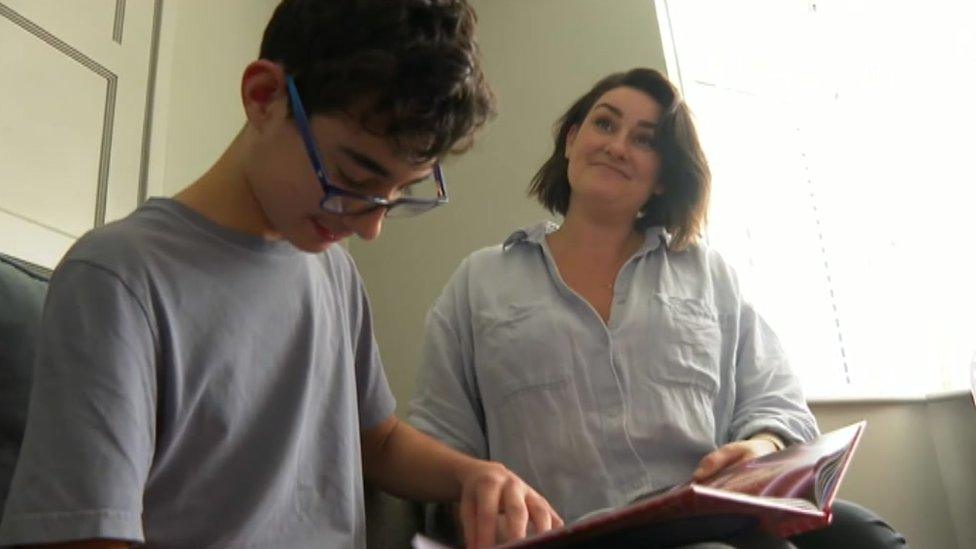Calls for mental health support for unpaid carers
- Published
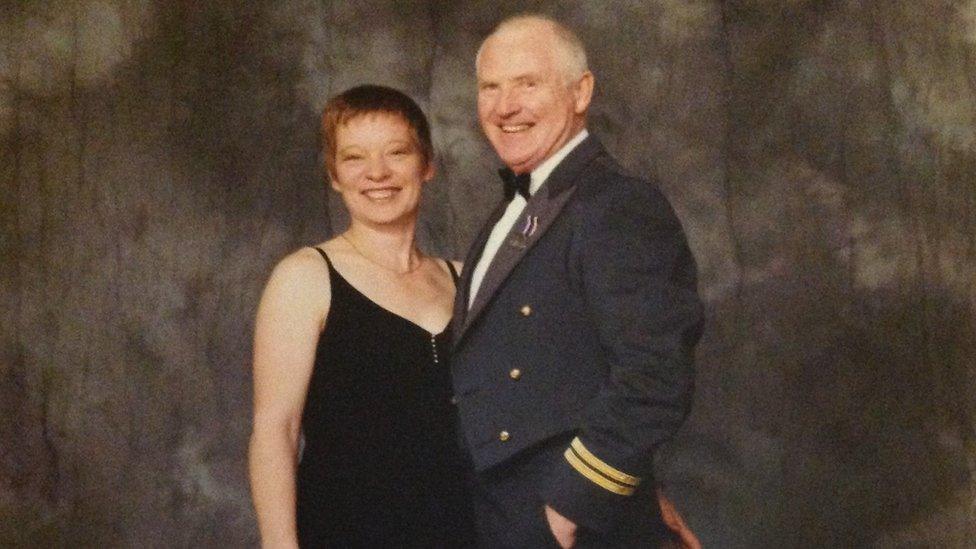
Nicky Probert-Thompson and her husband Mick have been together for 22 years
A woman who became a full-time carer to her husband after he became paralysed has said that mental health is "a big problem" among unpaid carers.
Nicky Probert-Thompson, 59, from Swindon, worked as a catering manager until her husband, Mick, 75, had a stroke in 2014, just 14 months after retiring from a military career.
She is calling for mental health support to be more accessible.
"Until you care for someone, you don't realise how lonely it is," she said.
After suffering a stroke, Mick was left paralysed down his left side and Ms Probert-Thompson said their situation had become more difficult since the pandemic.
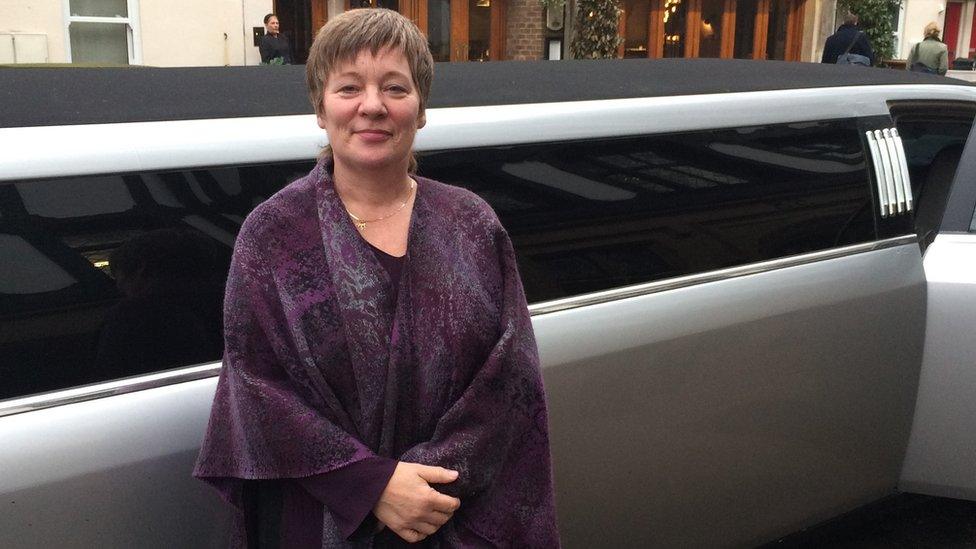
Ms Probert-Thompson said being an unpaid carer is "a full-time struggle"
"Before retiring, Mick's role in the RAF allowed him to travel the world. Getting out and about, as well as catching up with life-long friends was so important to us," she said.
"But with the pandemic, it has been harder. I am still worried about contracting Covid-19 because if I passed it onto him he would be seriously ill.
"It has been quite isolating for us, and not being able to interact with other people has really affected my mental health," added Ms Probert-Thompson.
She has received support from Swindon Carers Centre which has provided welfare and benefit advice and organised social events with other carers.
Ms Probert-Thompson said the charity, which supports more than 21,000 unpaid carers, had been "an absolute lifeline".
It will soon be able to offer further support after being awarded £40,000 to employ a specialist mental health practitioner.
The grant, from RUHX (the official charity of the Royal United Hospitals NHS Foundation Trust) and NHS Charities Together, will fund the position for two years.
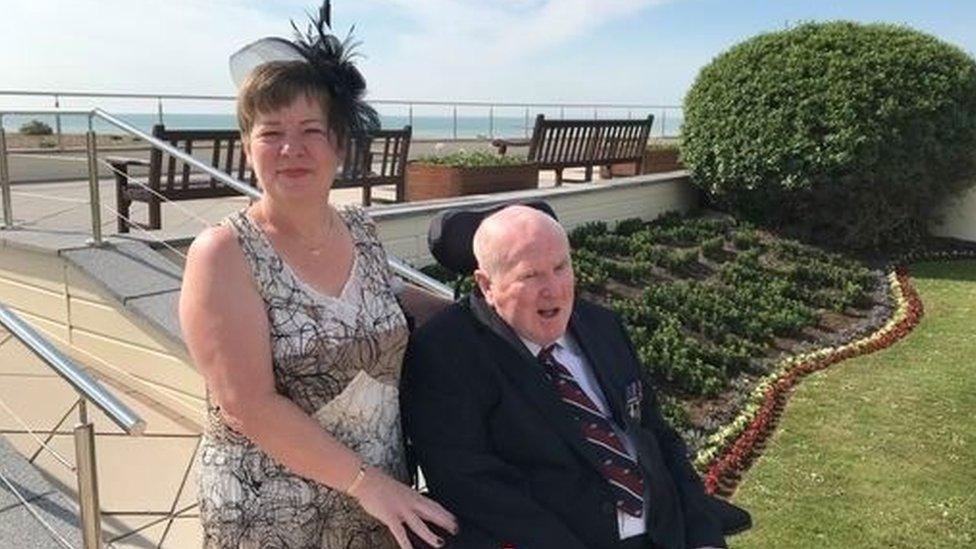
Ms Probert-Thompson described her husband as a "beautiful, kind and intelligent man"
Stuart Ilbury, head of service delivery at Swindon Carers Centre, said the people it supports are reporting increased anxiety, stress, depression and loneliness following the pandemic
"Some unpaid carers are near crisis point. They feel like they can't go on - they also feel guilty for thinking this.
"The new practitioner will be helping carers with concerns or issues they have and identifying their mental health needs and what support may be needed," added Mr Ilbury.
Ms Probert-Thompson said that mental health support is "absolutely vital for unpaid carers".
"I need the opportunity to talk confidentially about my feelings, with someone who can understand my situation but remains separate from it.
"Unpaid carers often feel forgotten but this support makes our hard work and bravery feel that little bit more recognised," she added.

Follow BBC West on Facebook, external, Twitter, external and Instagram, external. Send your story ideas to: bristol@bbc.co.uk
Related topics
- Published14 November 2022
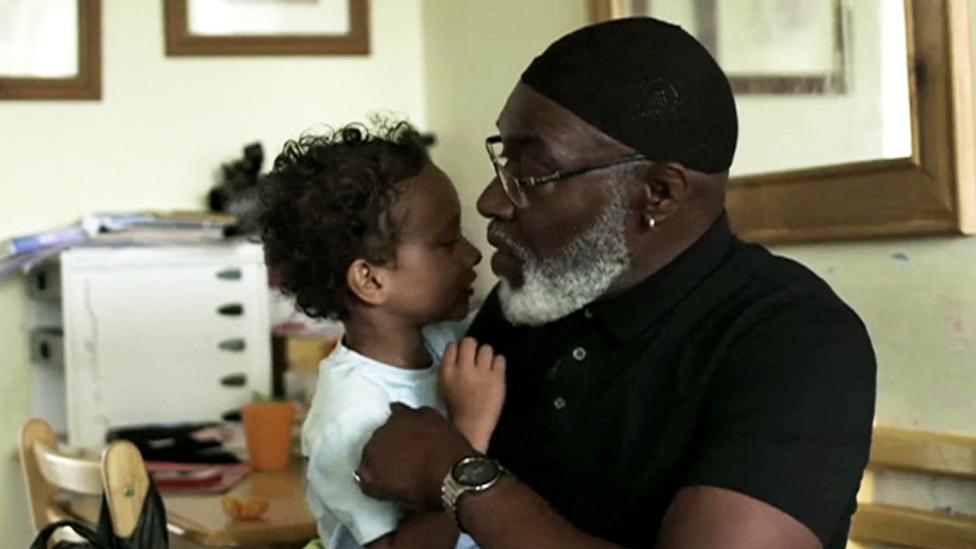
- Published13 November 2022

- Published10 June 2022
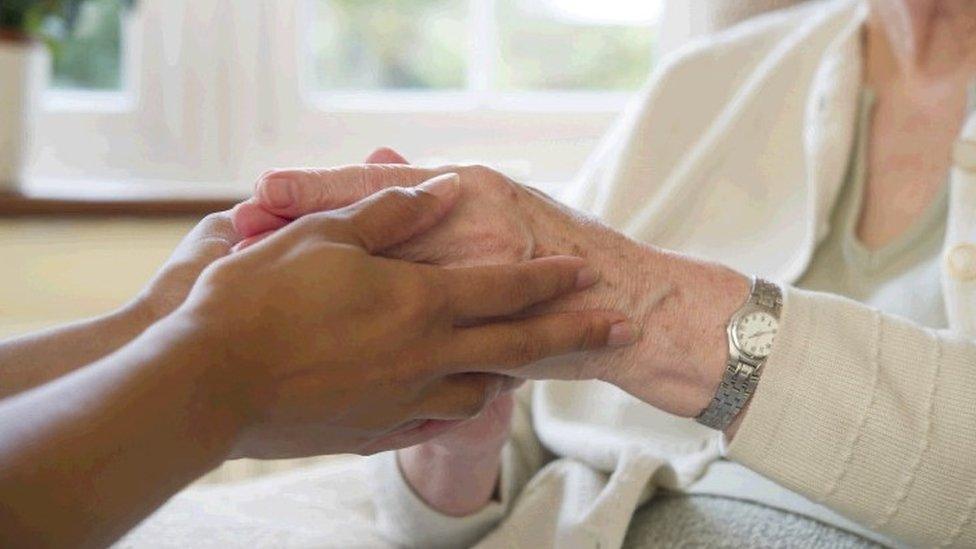
- Published10 November 2022
